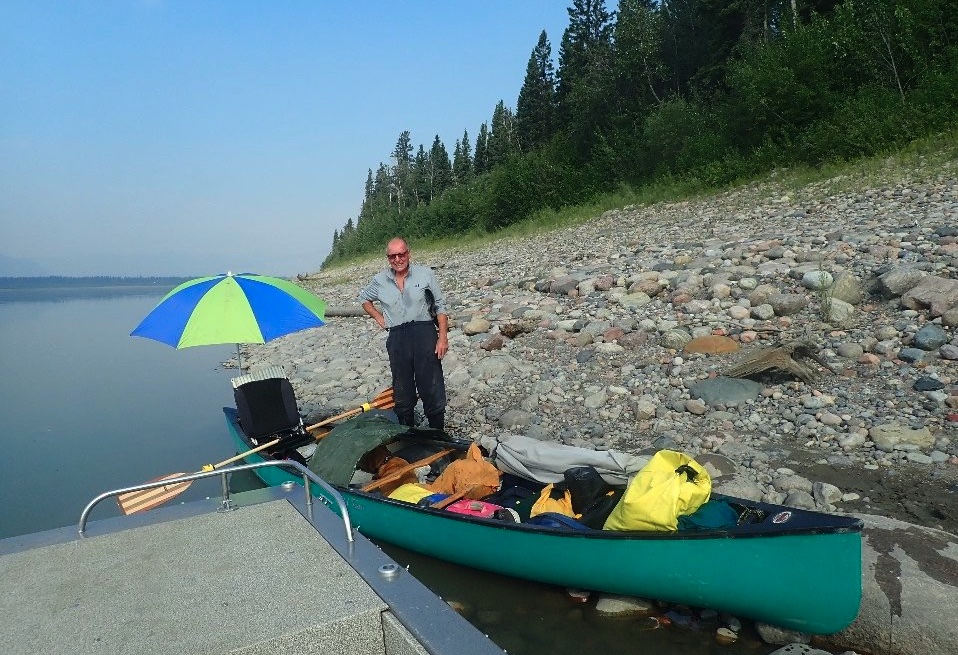Emergency Rental Assistances helps thousands in Central Oregon
Published 4:00 am Friday, December 31, 2021

- Stock image
Since the start of the business shutdowns caused by the pandemic, more than 1,800 Central Oregon households have received help paying their rent and utilities from federal, state and local grants.
The federal Emergency Rental Assistance program, which ended its first round of funding in December, paid out about $10.6 million to renters in the three counties and the Warm Springs Indian Reservation. More than $211 million was distributed statewide to 30,000 families, according to the National Low Income Housing Coalition, which organizes and advocates to ensure affordable housing for everyone.
In all, Central Oregon renters received $18.6 million in financial aid for rent and utilities, according to NeighborImpact.
Payments averaged about $6,000 to cover unpaid back rent and utilities and up to three months ahead, said Molly Heiss, NeighborImpact Community Services housing stabilization director. NeighborImpact was the organization that helped vet the applications for the Emergency Rental Assistance program in Central Oregon.
In October, NeighborImpact helped 1,791 households.
The funds came at a time after government mandates shuttered businesses as a way to contain the spread of COVID-19 and workers were laid off, Heiss said. Those that were without financial resources, access to credit and unable to make unemployment claims, were most affected. And even with government mandates restricting evictions for nonpayment, families fell behind.
“With so many lower-income families paying 30%-50% of their income on housing, and given that so many businesses were forced to close or reduce their service levels, many families would have faced either eviction or hunger and health challenges had there been no federal rent and mortgage assistance and an eviction moratorium,” said Brad Porterfield, Latino Community Association executive director.
Oregon Housing & Community Services said the funds were a lifeline to families at a time when life was unstable. The state ranked fifth in the nation to provide emergency rental assistance funds, said Delia Hernandez, a public information officer.
“Despite all the progress, there is much work to be done as the need for rental assistance in our state grows due to the lack of affordable housing,” Hernandez said.
Most striking about the effects of COVID-19 related shutdowns was how they affected small businesses and self-employed workers, some of which needed help for the first time. Rents in Bend are especially high, compared to other communities. In Bend, a family needs at least a $50,720 a-year income to rent a two-bedroom apartment, according to National Low Income Housing Coalition data.
“People are overwhelmed, and then they find out they owe thousands in back rent, they don’t know what to do,” Heiss said. “We had folks that have high rent, and for the first time, if ever, they experienced financial hardships. They didn’t know how to navigate the system or how to apply for assistance.
“Those were the households that were struggling the most.”
The Emergency Rental Assistance funds were approved in 2020 by the U.S. Congress, which appropriated a historic $46.55 billion for emergency rental assistance to protect the housing stability of tenants struggling to pay their rent. The first round of funding closed to new applications Dec. 1.
Since mid-June, NeighborImpact, which processed claims for the national programs, has allocated all the funds it received for Central Oregon under this program, Heiss said. Another round of funding for new claims will begin mid-January. Applications can be made at oerap.oregon.gov.
“We have a supportive network of service providers in Central Oregon,” Heiss said. “We connected with human services, the Family Access Network at the schools and health centers like Mosaic Medical and St. Charles, which knew about this program.”
These organizations often help with short-term assistance for rent and utilities, but never at this magnitude and never this quickly, she said. In four months, NeighborImpact distributed the money in Central Oregon, where there is a big need because rental rates are higher than in other areas. The average rental rate in Bend is $2,100 a month, Heiss said.
“With COVID, everything is more expensive, not just rent,” Heiss said. “People can’t find child care to work full time, much less afford it. Without these funds, families would have nowhere to live. It’s hard for families.”








